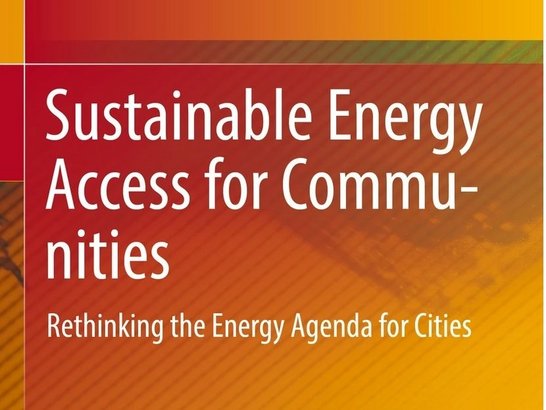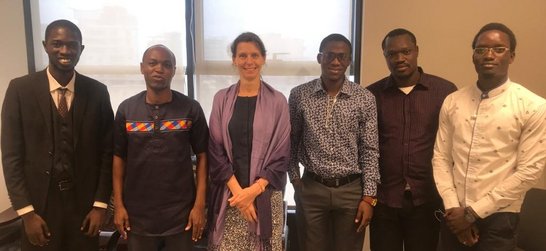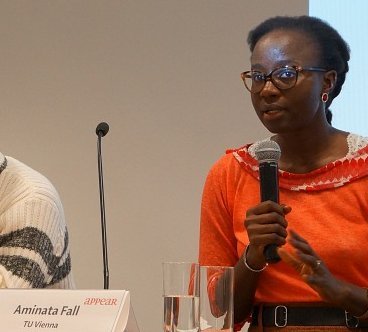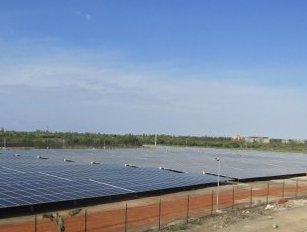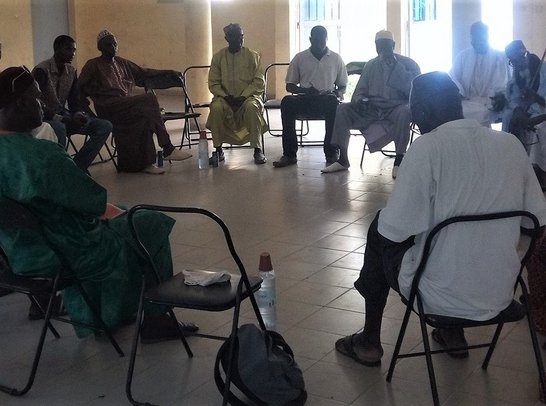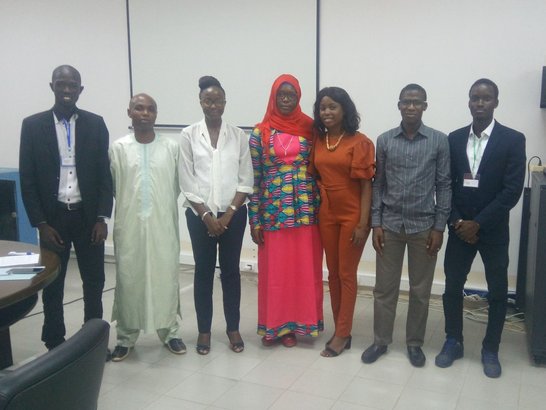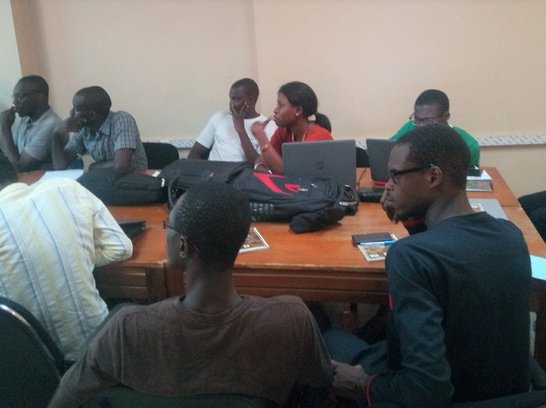Sustainable Energy Access for Sustainable Cities | SEA4cities
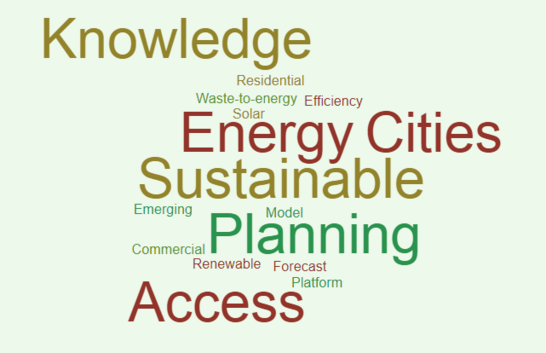
Project coordinator: Aminata Fall
Coordinating institution: Vienna University of Technology
Partner institution: Ecole Polytechnique de Thies (Mamadou Wade), Austrian Institute of Technology (Reinhard König)
Partner country: Senegal
Project duration: 1st of January 2018 – 30th of June 2020
Abstract
Since the 1970s Senegal had, through a number of initiatives, tried to relieve its cities facing a rapid population growth; the capital city Dakar passed from 400,000 in 1970 to 3.1 million inhabitants in 2013. The most recent of these initiatives is the Programme for New Urban Poles adopted in 2013, with Diamniadio being the first of the new poles. The Diamniadio concept echoes to the Aspern concept in Vienna, in terms of the rationale related to population growth and the objective of having more sustainable urban living. In Senegal where universal access to energy is yet to be achieved (64% in 2016 according to IEA), the project undertakes research on distributed renewable generation (solar and waste to-energy) as potential alternative to grid extension, which together with better efficiency of energy use, will serve as a model for sustainability of urban energy systems.
The project features an innovative paradigm evolution in terms of epistemological and methodological approaches, learning from experiences of different organisations intervening on energy access and / or urban sustainability, which are all convened in a platform for disseminating knowledge on sustainability of energy systems in emerging cities. The project will produce a database of knowledge on how distributed renewable generation and energy efficiency can be integrated in residential and commercial buildings as a contribution to the necessary energy transition that should undertake cities for better resilience. This knowledge tested and validated in Diamniadio, the first of the urban poles erected, should serve as a model for integrating energy sustainability in the other urban poles of the national programme. The project impact will benefit academia, national and regional institutions as well as international organisations, given that energy access and urban sustainability goals are high in the post-2015 development agenda.

